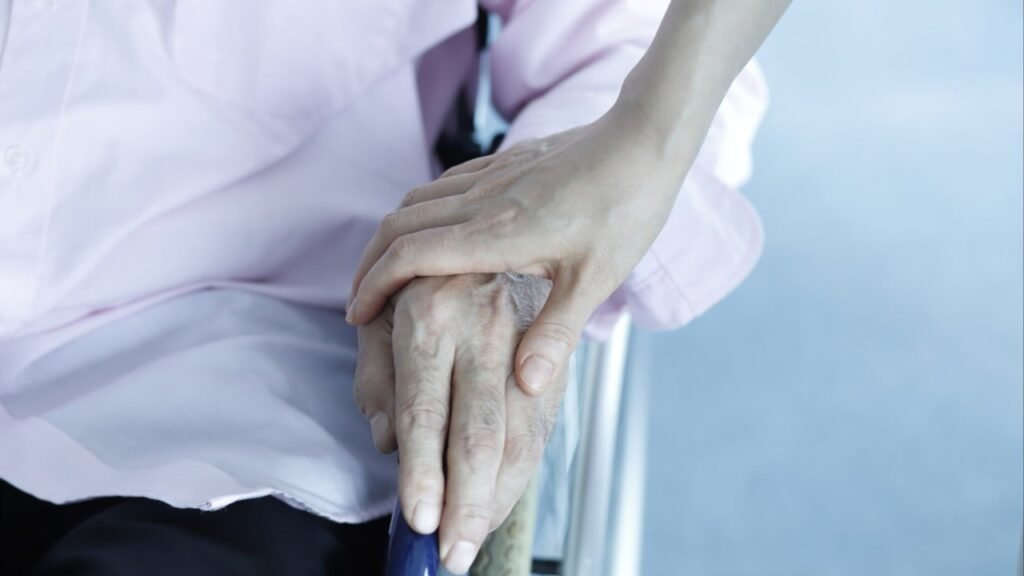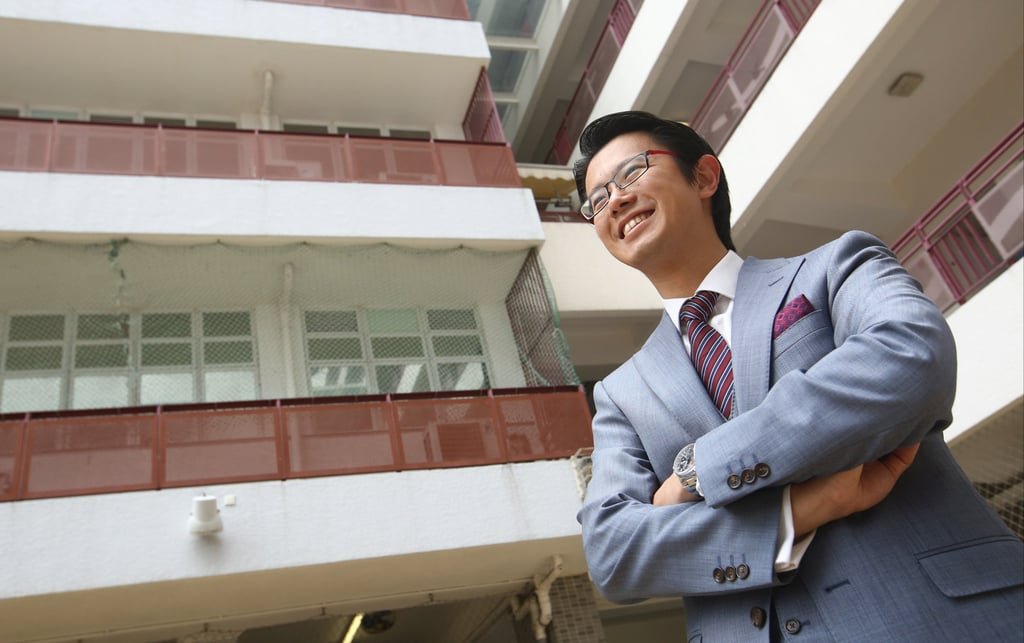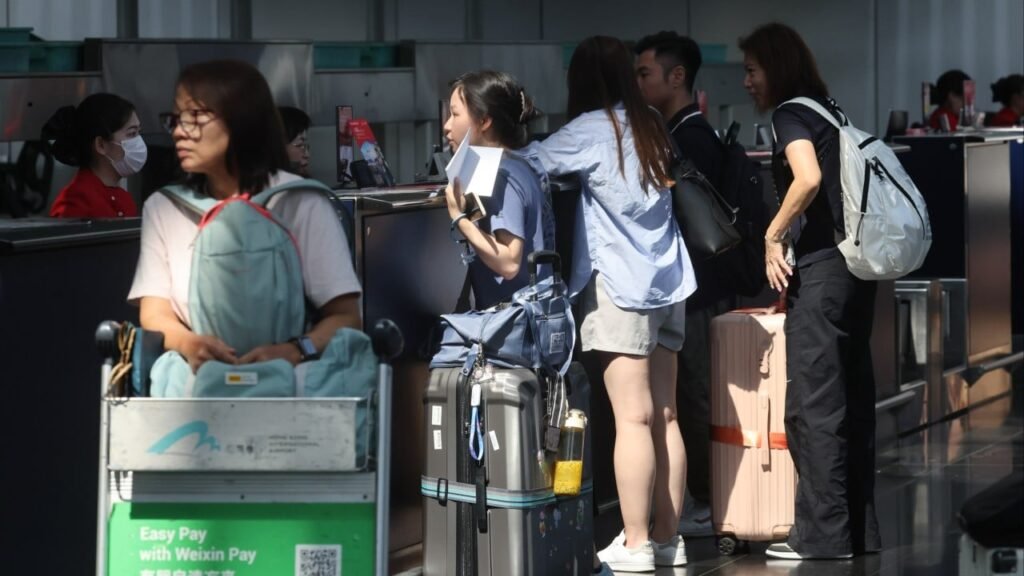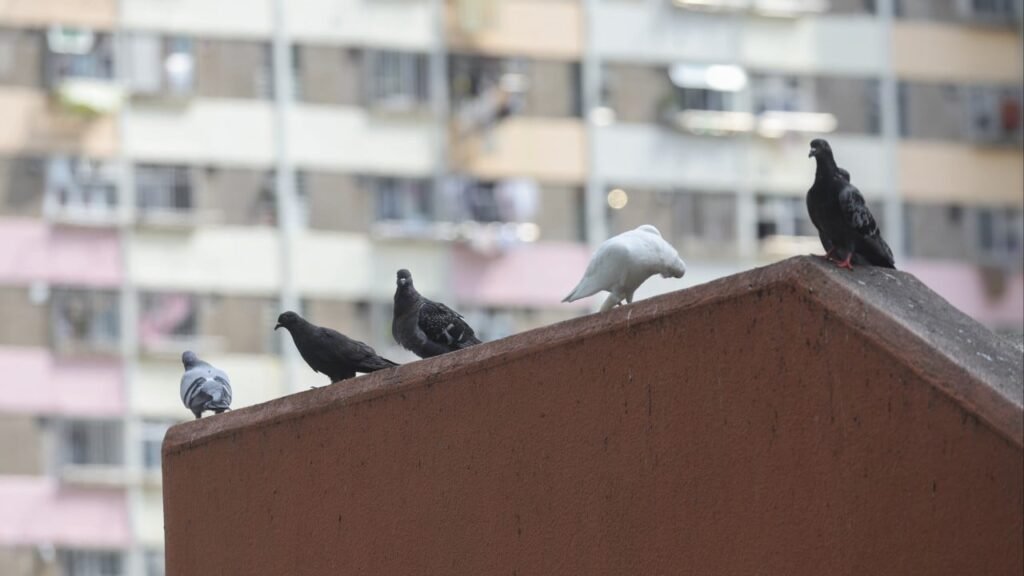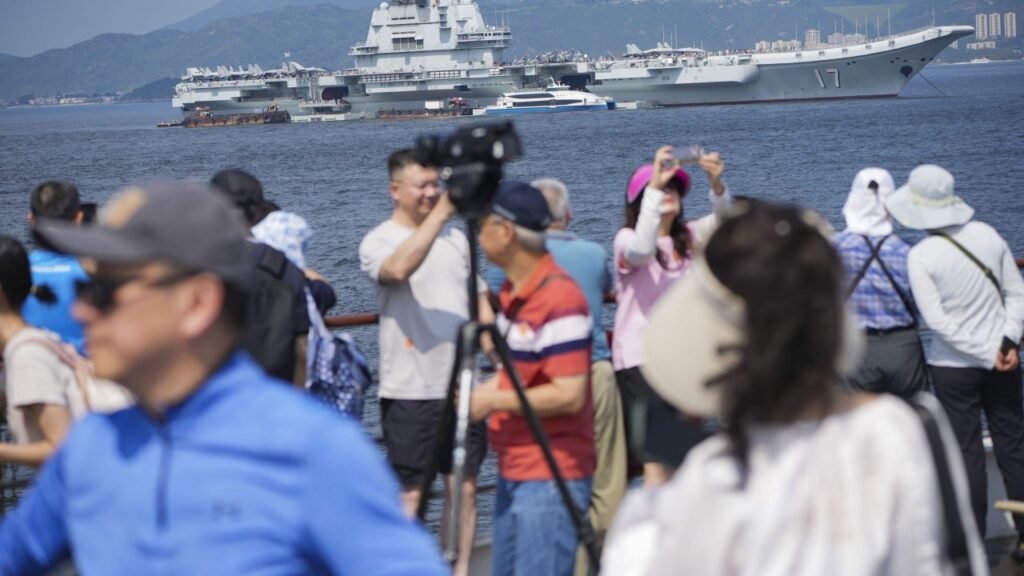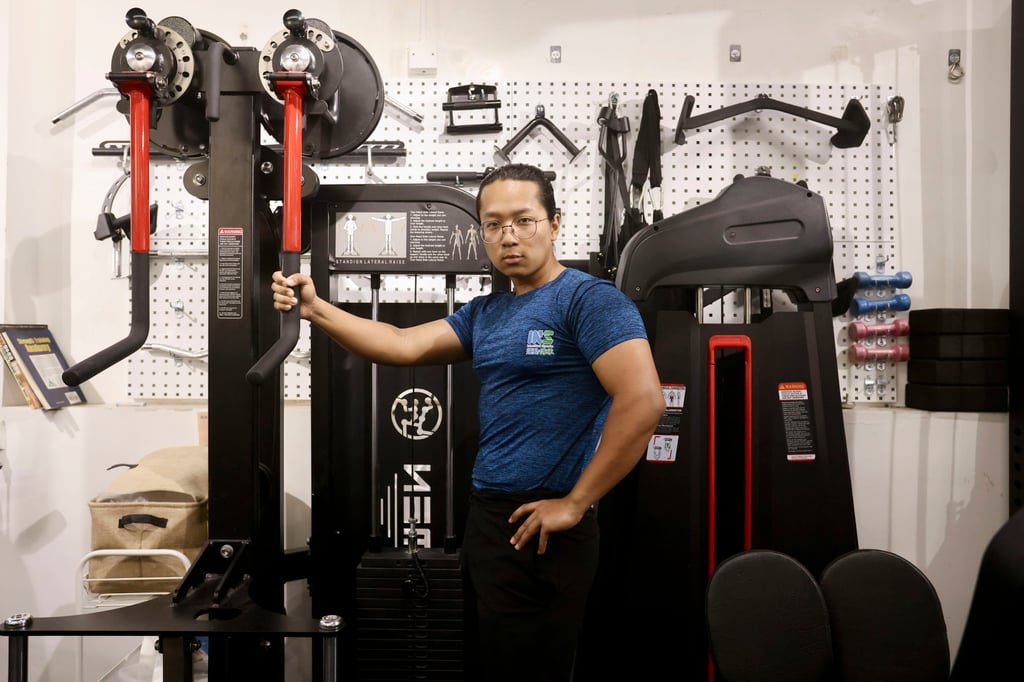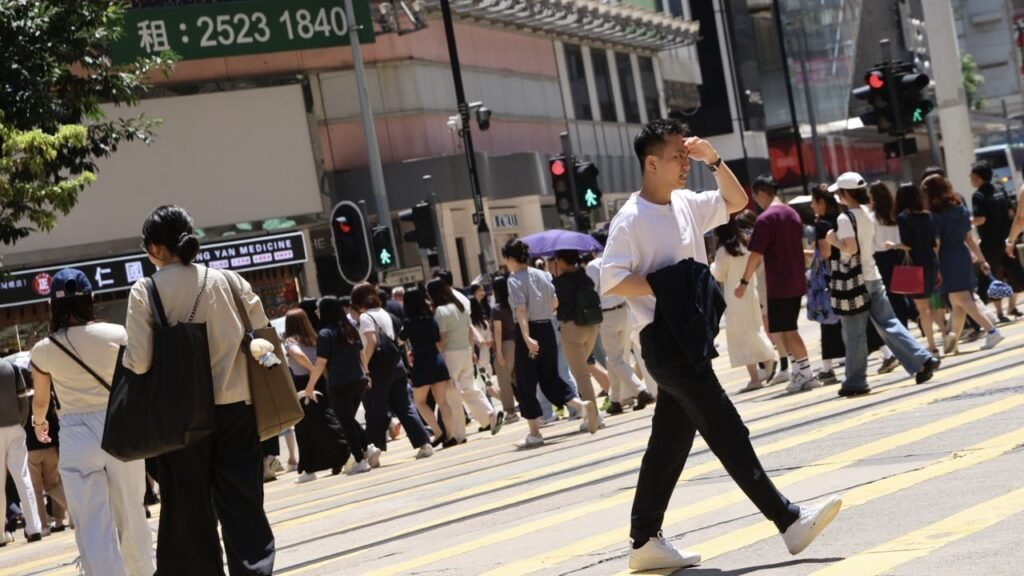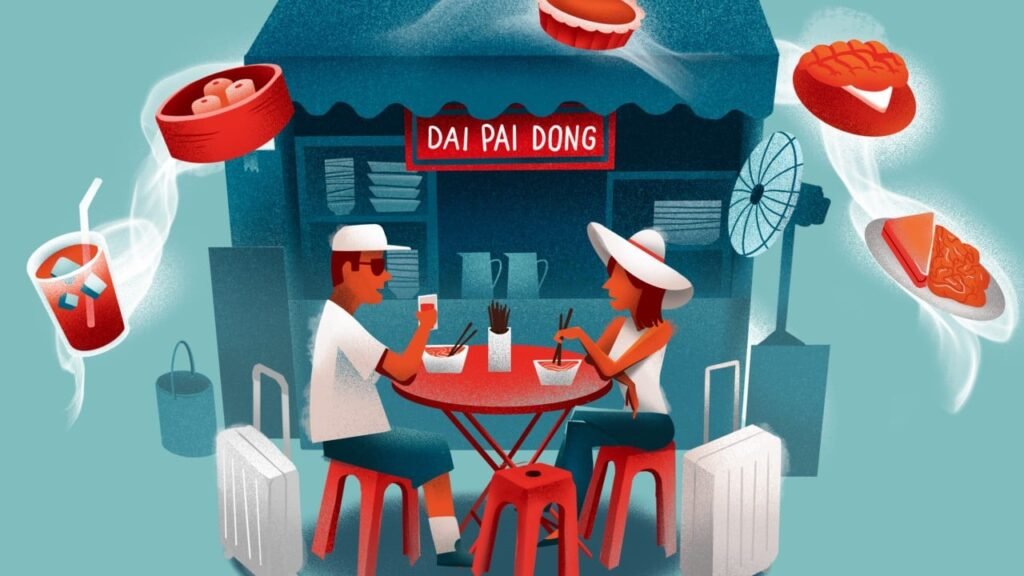Hong Kong is back. So I was told, over and over again, when I arrived in the city in January 2023, having decided to move my life to a place I had never even visited.
I heard it from government officials in speeches. I heard it from friends who couldn’t wait to start walking Hong Kong’s streets without a face mask for the first time in years (the mask mandate was lifted, after 945 days, in March 2023). One of the toughest series of Covid-19 restrictions in the world was coming to an end, and there were hopes that the city would bounce back fast.
There was a lot to bounce back from. In the previous four years, Hong Kong had experienced historic change. There had been enormous pro-democracy protests in 2019 and 2020, followed by a new national security law from Beijing, under which pro-democracy activists had been arrested and imprisoned. Then there were its Covid-19 policies. Parents had been separated from their young children. Hamsters had even been killed en masse out of what the health secretary described as “prudence”. I had not lived through any of these events. I had merely followed the news from afar.
It was difficult to see what exactly Hong Kong might bounce back to, since much of what I’d understood to have characterised the place before appeared to have permanently changed. There seemed no going back, for example, to a time of unrestrained political discussion, at least not in public and by those critical of the system. The idea of protest posters returning to Hong Kong’s streets seemed far-fetched. These days, the street scene includes banners promoting the national security law and posters with bright illustrations reminding Hongkongers that they depend on mainland China for much of their water supply.
It was difficult, too, to see how Hong Kong might reprise its previous role on the global stage connecting China and the west. The blistering growth of the world’s second-biggest economy had slowed, and rising tensions between Washington and Beijing meant there was simply less demand for such a connection. The pillars of capitalism on which the territory’s international standing had been based — the free flow of information and the rule of law — looked shaky after Beijing’s crackdown.
But today, Hong Kong is still going. A visitor wandering its streets in 2025 will see lively bars and restaurants, skyscrapers housing the regional headquarters of the world’s biggest banks and, at the right time of year, international events such as the Rugby Sevens or Art Basel. Hong Kong has spent much of the past two years reinventing itself, or being reinvented, or some combination of the two.
As an expat among a largely international set in Hong Kong, I saw only part of the picture. But I learnt a lot. I became fascinated by small glimpses of an old Hong Kong that I never got to experience first hand, a version of the place that existed before expressions of dissent started being erased. I found a bookshop in Kowloon selling a selection of postcards, one with a yellow umbrella and another that said “beware the one-party state”, and a book of photographs documenting the protests. It was so unusual to see this kind of material I could barely believe it.
A coffee shop on Hong Kong island had a discreetly placed illustration with a protest message on the wall behind the counter. Every time I went in, I’d check it was still there. For a long time, it remained. But by mid-2024 — at some point after Hong Kong police arrested six people for allegedly seditious social media posts, but before a man was jailed for wearing a protest slogan T-shirt — it was gone.
The national security law has been in place for five years now. During my time in Hong Kong, I noticed that some western expats were beginning to feel disconcerted about the ways politics was creeping into their lives, even those who kept some distance from the protests or did not see it as their fight.
One told me they had sent their child to boarding school overseas, in part because the teenager had started seeing content online that might not pass muster and they did not want to risk them getting in trouble. Another told me of their surprise when someone lowered their voice to discuss politics in one of the territory’s many private members’ clubs, something they said would never have happened before.
Bankers and lawyers helping mainland Chinese companies list in Hong Kong began changing the content of IPO prospectus documents in subtle ways, after China introduced rules in 2023 that banned banks from including in the filings any language that “disparages” its business environment. For a column, I spent hours trawling through old and new prospectus documents. Phrases such as “risks related to doing business in China” had been replaced by vague language on risks “in the country where we operate” or “in the principal place of our business”, when that place was China.
Executives at international firms say their overseas-based bosses no longer visit the Hong Kong office, or do so less frequently, deterred in some cases by new advice to bring burner phones. Companies don’t always explain their reasons for this, but employees say it is part of a broader shift in which firms are ceasing to treat Hong Kong differently from mainland China. That distinction had been vital in the past, helping the territory to attract an international finance crowd. The law firm Latham & Watkins last year cut off automatic access to its international databases for its Hong Kong-based lawyers, after Beijing introduced new data laws. One lawyer told me that working in Hong Kong was “like skiing on a black run, trying to work out where the bumps are”.
I asked a handful of affluent expats living in Hong Kong whether they had a backup plan in the event of a conflict over Taiwan. They could mostly spell it out with little hesitation, though some see the territory as a relatively safe harbour when conflicts are breaking out around the world. (Their plans included a house in Bordeaux, a New Zealand bolt-hole and a return to their home country.) Over coffee, a lawyer joked casually that they would do fine in a prisoner-of-war camp.
At a time when the relationship between China and much of the west has deteriorated, Hong Kong is building closer ties with other countries. It seems especially keen to make friends in the Gulf. The airline Cathay Pacific, Hong Kong’s de facto flag carrier, last year opened a direct route to Riyadh, and its flagship, state-organised Asian Financial Forum conference this year devoted an entire section to the Gulf for the first time. “Hong Kong has already seen . . . an increasing number of professionals from GCC [Gulf Cooperation Council] member states,” the financial services and Treasury secretary Christopher Hui said at the event.
In March, the mainland state-owned newspaper China Daily reported on the opening of a Russian supermarket in the territory. It sells bottles of vodka in the shape of AK-47s, according to the Hong Kong Free Press. The same month, the government relaxed immigration rules for some professionals from south-east Asia.
I asked expats whether they had a backup plan in the event of a conflict over Taiwan. They could mostly spell it out with little hesitation
The demographics of the territory are changing. If there are fewer Brits, then that group — somewhat harshly known as “filth” (“Failed In London, Try Hong Kong”) — is increasingly being replaced with highly educated arrivals from the mainland. Hong Kong has made a push to attract China’s best and brightest, under a government scheme that aims to enhance the territory’s global competitiveness.
Hong Kong is acting as a testing ground for projects that would not be possible in mainland China. I lost count of the number of times I heard government officials champion the territory’s role as a crypto and digital assets hub, at a time when crypto use is restricted on the mainland. Judging by a lavish crypto party I accidentally attended while trying to have a quiet drink with a friend, people are making serious money as a result.
Hong Kong plays a key role in China’s “Greater Bay Area” project, which aims to build closer connections between the territory, Macau and cities in southern China. This has the potential to boost Hong Kong’s economy, and also to blur the lines between it and the mainland, and to shift the focus even more towards China.
Three of the crucial things that underpin Hong Kong’s status and attract people from around the world remain in place. They are its currency’s link to the US dollar, lack of capital controls and low income tax. And even as China slows, the sheer scale at which money flows from the mainland into Hong Kong is too big for many in finance to ignore. There are estimates that Hong Kong is on course to overtake Switzerland as the world’s largest cross-border wealth destination in the next few years.
In the past couple of months, the electric vehicle battery giant CATL has listed in Hong Kong, in addition to its Shenzhen listing, and it seems likely the fast-fashion group Shein will list in the territory.
For China, Hong Kong listings serve an important purpose, letting companies tap global markets when it is getting harder to list in the US. But Beijing’s apparent disapproval of a deal by Hong Kong’s CK Hutchison to sell its ports, including two ports on the Panama Canal, alarmed those in the territory’s finance crowd who had assumed Beijing would not interfere with commercial dealings by Hong Kong companies.
I recently caught up with a contact who noted that the place still attracts headlines for the wrong reasons. He pointed to reports of teachers being told not to get involved with US Independence Day celebrations organised by the US consulate, in order to avoid violating the national security law. The education bureau said schools including those with an international curriculum should help students appreciate “the concept of national security”.
A little over two years after I arrived in Hong Kong, I left for a posting in another place experiencing seismic political shifts: the US. The chance came up to live in New York and cover the US legal system at what has turned out to be a time when the judiciary’s role as a check on executive power is being put to the test.
As I begin to settle into another new city, there is already much that I miss about my former home. I miss the safety, the understanding that you can walk home at any hour in central Hong Kong without fear. I miss wandering around rapidly changing neighbourhoods like Kowloon’s Sham Shui Po, an entrepreneurial working-class part of town where record stores, bookshops and top-quality coffee spots sit alongside street markets and one of Hong Kong’s oldest dai pai dongs, or outdoor food stalls. Like many people who have left, I miss being able to decide at a moment’s notice to go swimming in the sea or exploring the hiking trails that are within easy reach of the city.
One thing that I suspect has not changed, and I hope will not, is the idiosyncratic way in which Hongkongers can sometimes make expats like me feel welcome in their home. The best example of this came from my kind, and very patient, Cantonese teacher.
To mark my departure, she invited me to dim sum with a view of Victoria Harbour. She ordered an array of treats including steaming, juicy dumplings, beef ho fun, a stir-fried dish with wide, flat, noodles and Hong Kong egg tarts, a pastry dessert with a custard filling. She seemed unwilling to let me stop eating until it was physically impossible to go on. As we left, she told me with a raised eyebrow that I’d grown a little fatter recently. I laughed. But by then I understood that both instincts — to feed me, and to give me such an honest appraisal — were ways of showing me that she cared.
Find out about our latest stories first — follow FT Weekend Magazine on X and FT Weekend on Instagram

